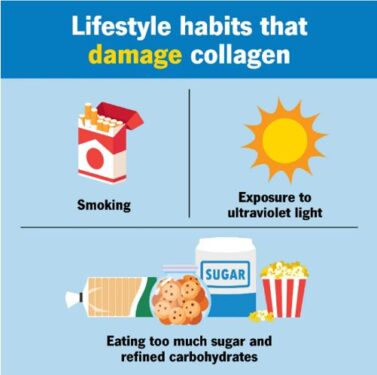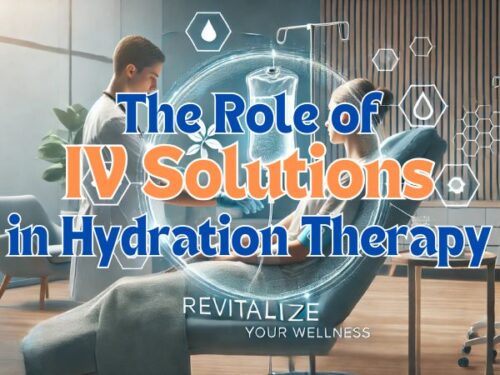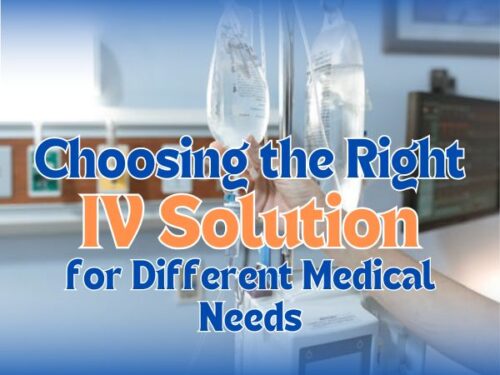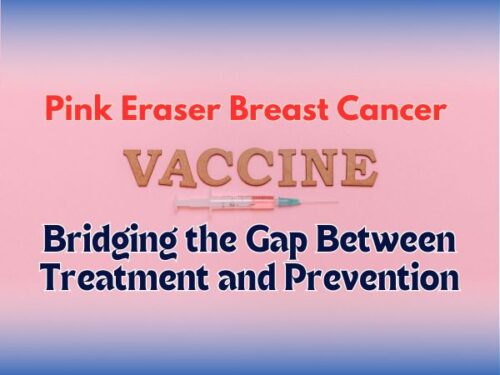What if you are facing skin, hair, nail, or bone issues but have no idea what magical product to take for betterment? Sometimes, products and promotions are in front of us but we neglect them by kept scrolling. Almost every manufacturing company, influencer or celebrity is promoting collagen supplements which are both essential & beneficial for the human body.
What is collagen?
Collagen is a protein-based compound that is prepared in the body of living organisms. In fact, 30% of the protein in the human body is collagen. It is a structural protein that gives rise to the basic framework of bones, cartilage, tendons, ligaments, muscles, as well as skin. Although the types of collagen, based on slight chemical differences, exceed 25, type I collagen is of prime importance and accounts for more than 90% of all protein.

Collagen powder
Functions of Collagen in the human body
Apart from being an essential structural component, collagen also acts as the following:
- Collagen is a tissue repair protein.
- Collagen is significant in improving skin elasticity as well as hydration.
- It is also responsible for cellular communication as well as cellular migration.
- It protects the organs by building up a cover on them.
- Collagen replaces the dead cells of the skin with newer ones.
Natural sources of collagen
In spite of the fact that our systems are very much capable of synthesizing collagen, we can also obtain it from certain foods which include:
- Beef bone broth
- Chicken bone broth
- The skin of the fish
- Jellyfish

Food sources of collagen
With collagen-rich foods, it is necessary to maintain an intake of vitamin C as well which is essential for the absorption of collagen. Foods such as citrus fruits, broccoli, or bell peppers are great sources of ascorbic acid.
As far as the concentration of collagen provided by the above-mentioned food products is concerned, the research has shown that even if you go high on collagen-rich foods, the age-wise occurring collagen deficiency is not likely to be replenished. Hence, collagen supplements are the only option to go for.
What are collagen supplements?
Collagen supplements are synthetic options for replenishing the depleting levels of the body’s natural collagen protein. These come in the powdered or liquidated form and are available in different flavors from which you can choose according to your taste. It is uncomplicated to take collagen as it can be added to both hot and cold water, drinks, oatmeal, yogurt, etc.
The natural collagen, prior to its absorption, needs to be converted into peptides and amino acids by the digestive enzymes. However, in the case of supplemented collagen, this step is skipped for the good i.e. the supplemented collagen is already broken down which renders its absorption even quicker.

Lifestyle habits that decrease the collagen level
When to start taking collagen supplements?
Recently, collagen supplements have started possessing a huge market share due to their higher demand but the question arises, do you actually need collagen?
If you are experiencing any of the following health conditions, these collagen supplements are definitely for you. As we age, the collagen production in the body naturally falls rendering the bones weak and the skin loose.
- Sarcopenia: Sarcopenia is the age-dependent loss of muscular mass. It is claimed that taking collagen supplements can help reverse the condition.
- Atherosclerosis: Atherosclerosis is the hardening and subsequent narrowing of the blood vessels. In this case, collagen can make the blood vessels more elastic.
- Bone loss: Collagen, being the basic structural protein, is responsible for fabricating the framework of bone and cartilage. If a person experiences bone weakness due to osteoporosis or arthritis, the physician may recommend the use of collagen supplements.
- Dryness of skin: In the case of extremely dry skin, the chances of early-age wrinkles may increase significantly. Collagen supplements help in restoring the water content of the skin.
- Poor hair and nail health: As collagen plays a big part in hair and nail growth, it can be a great option if you are experiencing abnormal hair fall & weakening of nails.
Although all these merits and uses of collagen supplements are very promising but there is a lack of research to confirm these claims which should be pursued.
Before taking collagen supplements, do consult your physician.
Possible side effects of collagen supplementation
Despite the use of collagen supplements being on the rise these days, should be kept in mind that these products are not for everyone.
Following are some of the side effects of collagen:
- If you are pregnant or breastfeeding, you might want to avoid collagen supplements. Due to the additional vitamins, collagen supplements may react with other supplements you are taking and can lead to discomfort.
- People who are under treatment for any condition should take the advice of their physicians before adding collagen supplements into their diet as a drug-food interaction is possible which, though rarely fatal & can require medical assistance.
Conclusion
Collagen supplements are one of the highly promising health-related products. Their sales and subsequent use are constantly increasing thus making them a supplement as notable and useful as vitamins. Although their safety profile indicates that they are safe to use in almost any age group as well as with nearly any health condition, further research is still needed to unveil their potential benefits to the brain and other body organs, apart from bones. Moreover, the circle of their safety studies should also be extended to observe their effects on people with varying genetic makeup. For now, they are economically friendly and can be called a magic supplement.

PhD Scholar (Pharmaceutics), MPhil (Pharmaceutics), Pharm D, B. Sc.
Uzma Zafar is a dedicated and highly motivated pharmaceutical professional currently pursuing her PhD in Pharmaceutics at the Punjab University College of Pharmacy, University of the Punjab. With a comprehensive academic and research background, Uzma has consistently excelled in her studies, securing first division throughout her educational journey.
Uzma’s passion for the pharmaceutical field is evident from her active engagement during her Doctor of Pharmacy (Pharm.D) program, where she not only mastered industrial techniques and clinical case studies but also delved into marketing strategies and management skills.


















